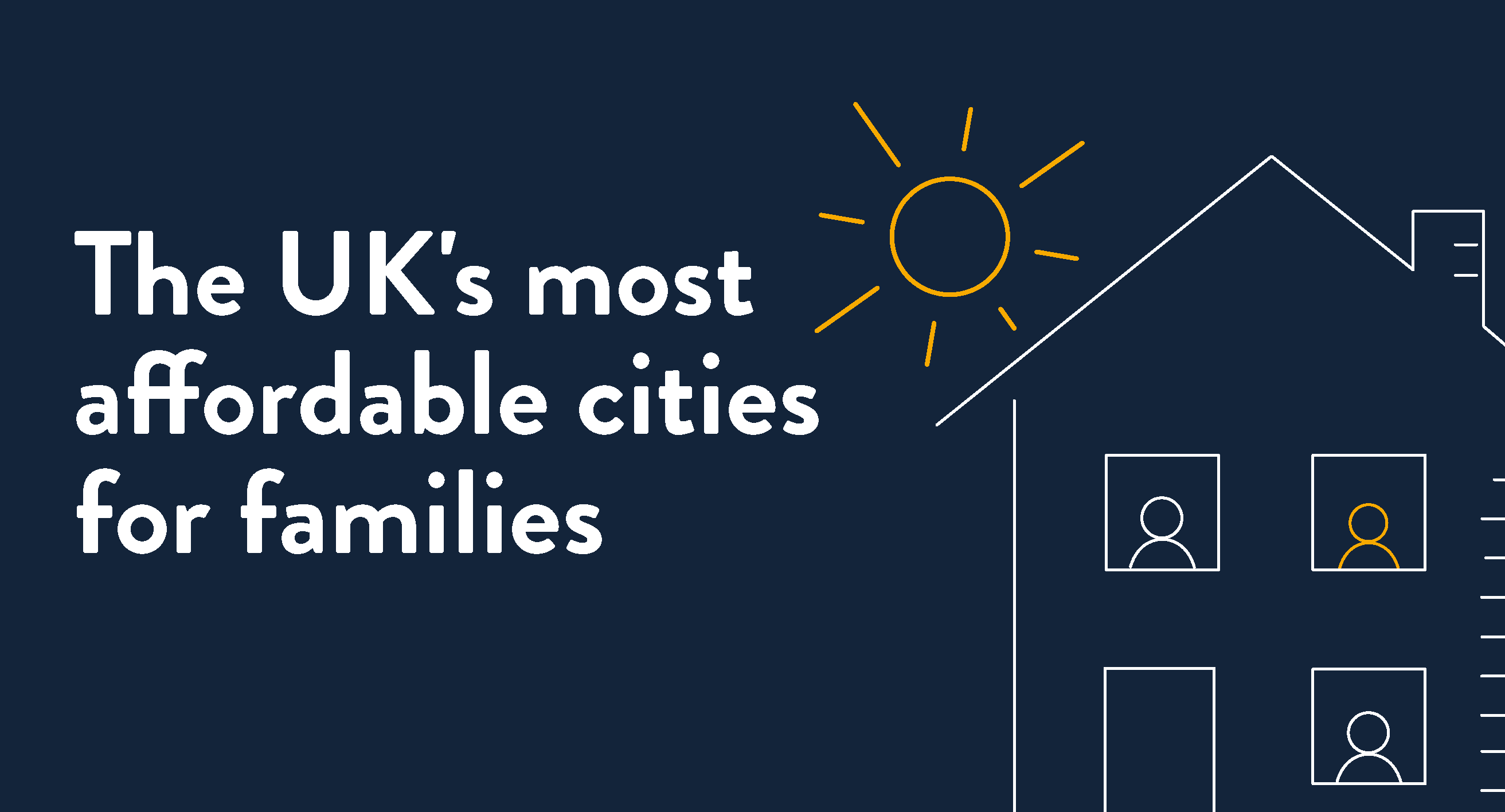
The decision whether to stay at home with the kids, or be a working parent, is a raging debate in many circles. In fact, stumble into many parent and child discussion forums and you’ll discover it is divisive as breast or bottle feeding, mushed up baby food or baby-led weaning, and attachment parenting versus cry-it-out.
Despite us all having the same goals – to love and nurture our children to adulthood – we hold strong views.
However, all that really matters is that you make the right decision for your particular circumstances and your family. Let’s look at what you need to consider, when deciding what is the right decision for you.
Can you have it all?
For the current generation of parents, things are quite complicated as there can sometimes be a pressure to work and spend more time with their family. In reality, this takes an immense amount of work, and sometimes isn’t a matter of choice. For some families there is no choice but for both set of parents to work. Improving equality has been welcome and essential, but it doesn’t mean things are necessarily easy.
What is good is that we now have much better employment protection in place immediately following a child’s birth (or adoption). You can take up to 52 weeks of maternity leave and feel confident that your employment is protected. This can also now be shared between parents so you can make the right decisions for your family in its early days.
It’s important to also consider that if you do work – what can you outsource? Trying to do it all can be incredibly hard. You may outsource cleaning or ironing, of get regular babysitters, or even get a virtual assistant for help with admin.
Childcare considerations
Some parents discover that it can cost them considerably for both parents to work. The average cost of sending a child under 2 to nursery full time is £222.36 per week, or if sending to a childminder £212.86.
You may be able to receive some assistance with these costs through Universal Credit which has replaced Child Tax Credits and Working Tax Credits.
Nonetheless, you need to consider the costs of childcare when deciding whether to return to work.
Furthermore, you need to decide what type of childcare would be best for your child and family. You’ll be choosing between nursery, childminders, nannies and au pairs. You may also be able to rely on grandparents or family members which will reduce the costs.
Personal considerations
In addition to considering what is best financially in the immediate sense, you also need to consider what is best long-term. Taking time out of your career will potentially impact your earning and promotion potential in the future. The effect it has will depend on the nature of your career – some are easier to take a break from than others. You may decide that even though you won’t be bringing in much in the short term because of childcare costs, that it is worthwhile to work for future security, career prospects and earning potential.
There is also the importance of considering your self-worth. This is really a personal decision. Some find being a stay at home parent brings with it a great sense of fulfilment and they feel their time and skills are best served in this way. Others feel they need to work. Neither is right or wrong, it depends on the individuals involved. However, if your self-worth is tied to your career then it is important to consider this when making decisions.
It doesn’t need to be permenant
It’s also important to remember that what is right for your family at one point in time may change over time. As children grow up and start school you may decide to return to work then, or change career. You may need to go back to work for financial reasons. You may decide that part-time or flexible working is more suited to family life and striking the right balance.
What is important is that you are realistic with yourselves as a family and decide what works for you.


